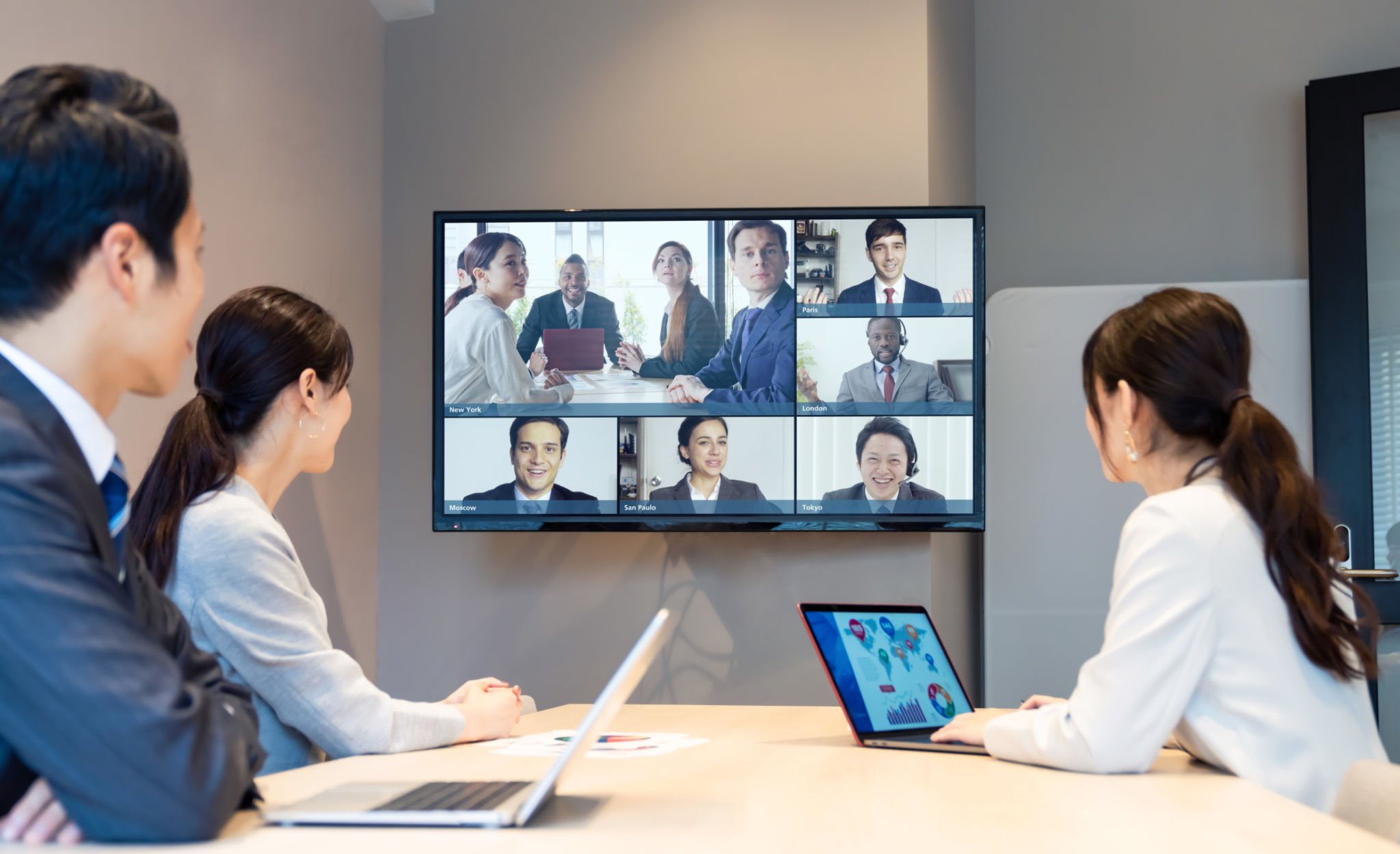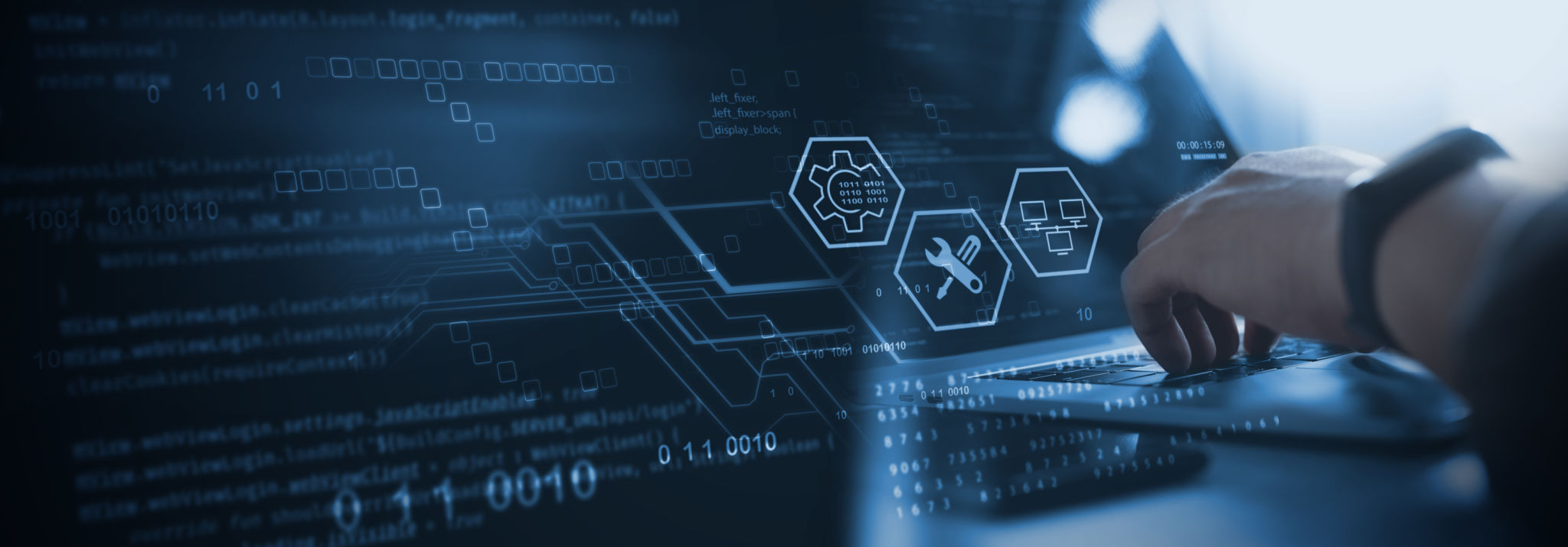Top Tips for Conducting Remote Depositions Effectively
Preparing for a Remote Deposition
Conducting remote depositions can be a seamless process with the right preparation. First and foremost, ensure all participants have access to a stable internet connection. A poor connection can disrupt the flow of the deposition, leading to frustration and potential misunderstandings. Additionally, encourage everyone involved to test their video and audio equipment beforehand. This step can prevent technical difficulties during the actual deposition.
It's also vital to choose a suitable platform for the deposition. Platforms like Zoom or Microsoft Teams are widely used for their reliability and user-friendly features. However, make sure that all participants are comfortable using the chosen platform. Consider scheduling a brief run-through session to familiarize everyone with its functionalities.

Ensuring a Professional Environment
Creating a professional environment is crucial, even when conducting depositions remotely. Advise participants to select a quiet and well-lit location for the duration of the deposition. Background noise can be distracting and might affect the quality of the recording. Additionally, remind everyone to dress appropriately, as they would for an in-person deposition.
Consider the background visible in the video frame. A neutral background is preferable, as it minimizes distractions and maintains a professional appearance. Some video conferencing tools offer virtual backgrounds, which can be an option if the actual environment is not ideal.

Managing Documents and Exhibits
Handling documents and exhibits in a remote setting requires careful planning. Before the deposition, ensure that all necessary documents are digitized and organized. Share these documents securely with all relevant parties in advance to allow them sufficient review time. During the deposition, use screen-sharing features to display documents as needed.
It's important to establish a clear procedure for marking exhibits. Decide whether you will use electronic exhibit stamps or a similar method to ensure consistency and clarity throughout the process. Maintaining an organized digital record of these documents is essential for future reference.
Effective Communication and Etiquette
Clear and effective communication is key during remote depositions. Encourage participants to speak clearly and at an appropriate volume. Remind everyone to mute their microphones when not speaking to minimize background noise. It's also beneficial to establish guidelines for taking breaks or addressing technical issues, ensuring that everyone is on the same page.

Be mindful of body language and eye contact, even in a virtual setting. Looking directly at the camera can help create a sense of engagement and professionalism. Additionally, encourage participants to address each other by name when speaking, which can enhance clarity and understanding.
Addressing Technical Challenges
No matter how prepared you are, technical challenges can still arise. Have a contingency plan in place for such situations. This might involve having a tech support contact on standby or having a backup communication method ready, such as a conference call line.
Keeping lines of communication open is crucial. If issues do occur, communicate them promptly and calmly to minimize disruptions. A proactive approach can help maintain the flow of the deposition and reduce stress for all parties involved.
